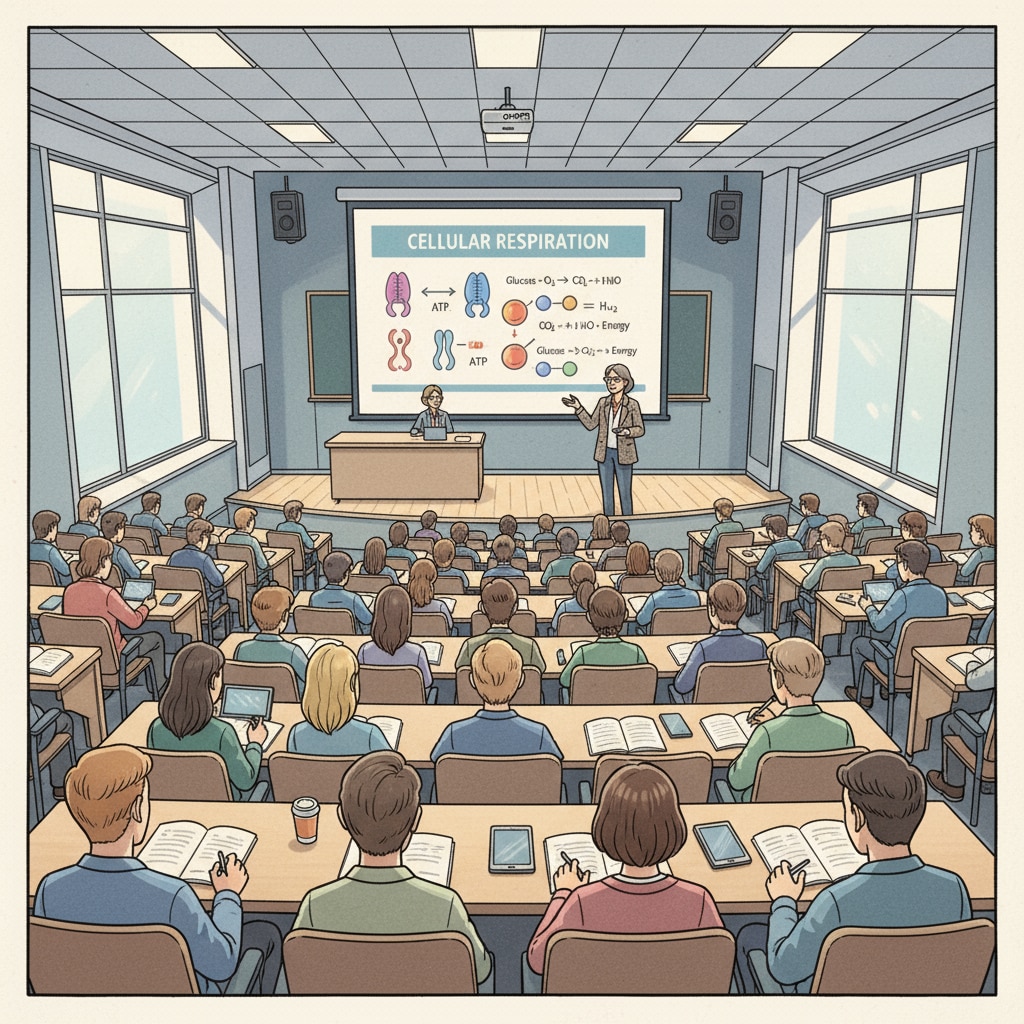Career choices for high school graduates are crucial as they determine the future path, especially when it comes to the decision between university education and vocational training. This decision is closely intertwined with employment prospects. The modern job market is highly competitive, and the choice made at this stage can have a profound impact on one’s professional life.

The Allure of University Education
University education has long been regarded as a prestigious path. It offers a broad-based curriculum that covers a wide range of subjects, fostering critical thinking, research skills, and a deeper understanding of various disciplines. For example, students can explore diverse fields like literature, history, and advanced sciences. Degrees from renowned universities often carry weight in the job market, opening doors to many career opportunities in sectors such as finance, research, and academia. According to Wikipedia’s page on higher education, many top-tier jobs require a university degree as a basic qualification.

The Appeal of Vocational Training
On the other hand, vocational training provides specialized skills tailored to specific industries. It focuses on hands-on learning, enabling students to quickly gain practical expertise. For instance, training in plumbing, carpentry, or information technology can lead to immediate employment in these fields. As per Britannica’s article on vocational education, the demand for skilled tradespeople is consistently high in the job market. Vocational training also often takes less time and costs less compared to a full university degree.
Making the right choice between university education and vocational training depends on several factors. Personal interests play a vital role. If a student has a passion for theoretical knowledge and a desire to explore different academic disciplines, university education might be the better fit. However, if one is more interested in practical skills and wants to enter the workforce quickly, vocational training could be the ideal choice. Additionally, evaluating one’s own abilities, such as whether one is more academically inclined or has a talent for hands-on work, is essential. Finally, keeping an eye on the employment prospects in different fields is crucial. Researching which industries are growing and in need of skilled workers can help high school graduates make a more informed decision.
Readability guidance: In this article, we have presented the two main options for high school graduates – university education and vocational training. By highlighting their features and considering personal interests, abilities, and job market demands, graduates can make a more rational career choice. We’ve used short paragraphs to enhance readability and incorporated external links for further information. Transition words like ‘however’ and ‘additionally’ have been used to make the flow of the article smoother.


